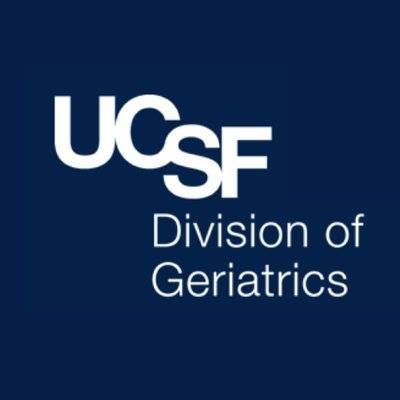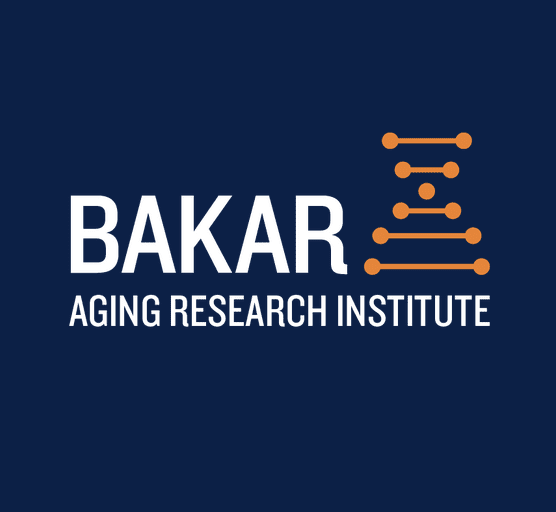
Medical-Legal Partnership for Seniors (MLPS)
About the MLPS
The Medical-Legal Partnership for Seniors Clinic (MLPS) is an innovative, award-winning clinic at UC Law SF. The clinic partners with UCSF and the San Francisco VA Medical Center to provide advance health care, estate planning, public benefits, and wrap-around legal services to older adult patients.
In this transactional and civil advocacy clinic, students learn the foundational skills they will need for any client-based practice, including interviewing, critical thinking, document drafting, and project management. Students receive customized feedback and support as they handle complex client cases from start to finish under the supervision of clinical faculty. Through collaboration with medical providers on their cases, students gain interdisciplinary experience and a deeper understanding of the intersection between law and health. Over the course of the semester, students develop close client relationships, learn about the implications for an aging population, and consider the role of lawyers in combating poverty and health disparities.
This program serving the community is funded by the City of San Francisco’s Department of Disability and Aging Services.

Quick Links
Awards and Accolades
Our Partners
For Students
Feedback and Testimonials
News and Updates
Contact Us
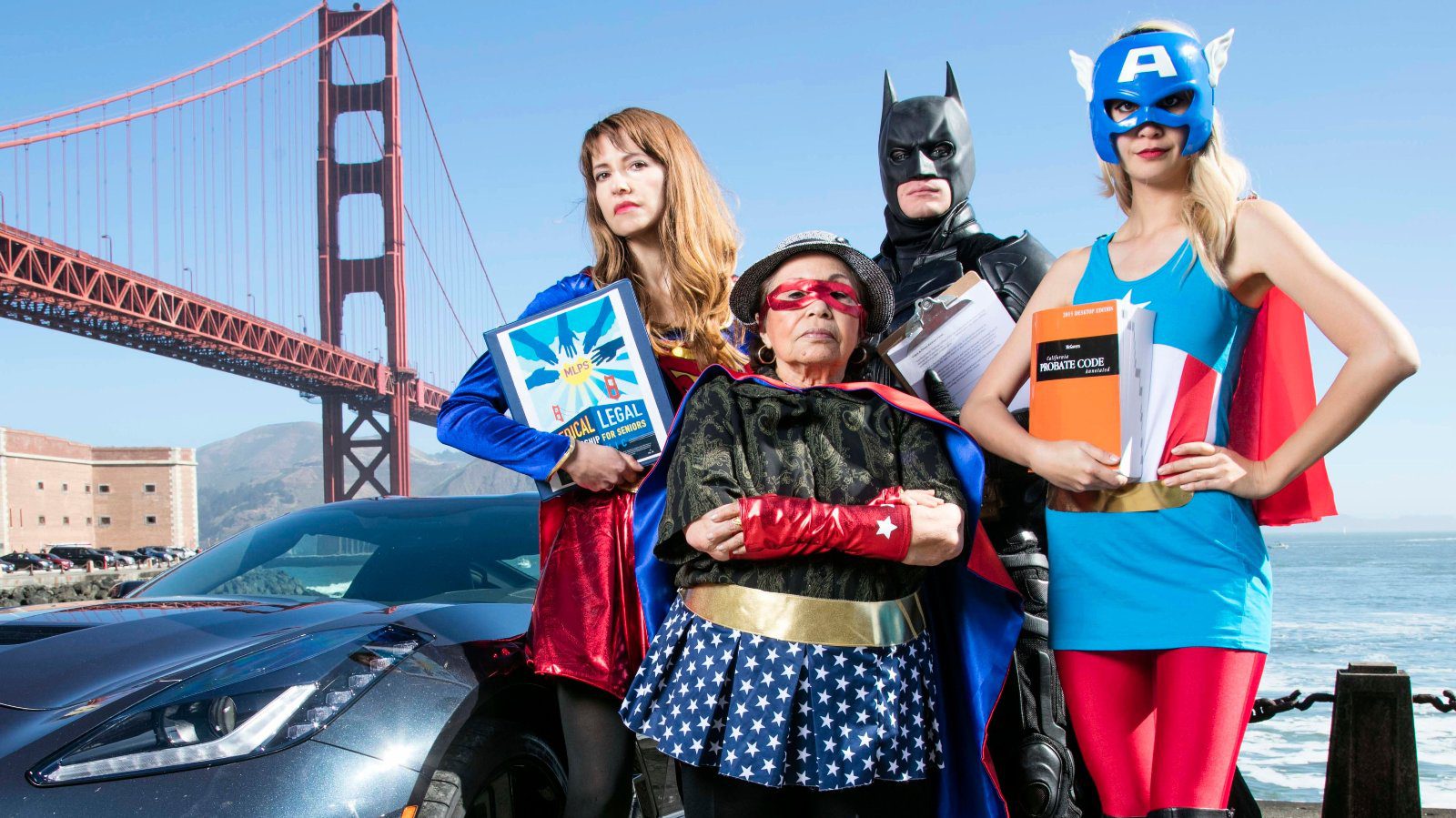
Awards and Accolades
The State of California has selected the UC Law SF Medical-Legal Partnership for Seniors Clinic as a finalist in its “Let’s Get Healthy California Innovation Challenge.”
The UC Law SF MLPS has also been featured in Health Affairs, The New York Times, National Jurist’s PreLaw Publication, The Recorder, and the National Center for Medical-Legal Partnership (Toolkit and Brief).
Our Community Partners
Interested in partnering your firm with our program? Contact Yvonne Troya.
Pro Bono Partners
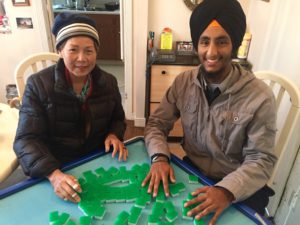
For Students
In the Medical-Legal Partnership for Seniors Clinic (MLPS), UC Law SF students develop key lawyering skills through representation of low-income elderly patients at a UCSF medical clinic. Students assist clients in legal issues related to health, such as advance health care planning, estate planning, and public benefits.
Over the course of the semester, students learn about the complex intersection of law and health, the implications for an aging population, and the role of lawyers in combating poverty and health disparities. Students develop skills in interviewing, critical thinking, document drafting, project management, and “whole person” lawyering.
FAQs for Students
An award-winning clinic, the Medical Legal Partnership for Seniors (MLPS) provides a unique way to gain practical legal skills through one clinic experience. No matter what area of law interests you, you will learn essential transactional skills, work closely with individual clients, gain broad civil law experience, and learn how to navigate complex ethical issues.
Personalized feedback sets clinics apart from traditional internships or externships. Students participating in clinics not only gain hands-on experience, but receive support and customized feedback from professors whose role is to help you reach your professional potential. Student also receive training in relevant substantive law through a companion class that runs concurrently with the clinic fieldwork component. Clinics help different areas of the law come alive, from casebook to practice. Students receive school credit for their clinic work.
While all clinics provide practical experience, MLPS gives students a unique opportunity to manage cases from start to finish. Additionally, students work with multiple clients during a semester across intersecting areas of civil law. Students usually meet with clients outside of the office setting, including in client homes all around San Francisco and the VA, so every day is different. Students have a chance to grow and hone their client interviewing and counseling skills, legal analysis, legal drafting, and other transactional and advocacy skills. Students also work with a diverse set of clients including Spanish, Vietnamese, Chinese, Farsi, and other non-English language speakers.
That’s okay! MLPS is designed to teach you practical law office skills in a supportive environment. Even if you do have prior legal experience, MLPS focuses on helping you transition from thinking like a paralegal to thinking like a lawyer. MLPS students work together closely as a team, which creates a unique sense of community.
Not required! The MLPS Clinic goes beyond health law; in fact, those with an interest in all areas of civil law or client-based practice should apply. MLPS provides students with timely and direct exposure to evolving fields of law and policy. Additionally, through its partnership with professionals at UCSF, the Clinic provides a unique opportunity for cross-disciplinary work—an important skill for attorneys.
MLPS is open to 3rd, 4th, 5th, or 6th semester students and LLMs.
7 units
4-unit non-GPA class, and 3-unit fieldwork component, graded pass-fail, must be taken concurrently. Class size is limited to 8 students, however, a limited number of additional returning MLPS students may enroll in the 3-unit fieldwork component.
Prerequisites
There are no pre/co-requisites and no particular experience or background is required.
Classroom Component
Students must attend two full-day mandatory orientation sessions; one session before the start of the semester and a second session during the semester. MLPS students meet twice weekly for a two-hour seminar which focuses on developing the substantive expertise and skills necessary to effectively serve the client population. The seminar engages students in thoughtful discussion and practice-based learning about planning for incapacity and end-of-life, long-term care, public benefits, complex ethics, interprofessional collaboration, evaluating mental capacity, and more. Classes are often co-taught with medical providers and local attorney practitioners. One of the two weekly seminar classes typically consists of a collaborative session called “Caserounds” during which students gather as a team to present, discuss and strategize about their actual MLPS cases in light of the class material. At the beginning of the semester, additional substantive training takes place during these sessions in lieu of case presentation/discussion.
Fieldwork Component
Students spend 12-15 fieldwork hours per week providing holistic legal representation to UCSF and VA patients from start to finish across multiple areas of law, including advance health care planning, estate planning, public benefits, and housing, in order to stabilize that person’s situation and improve overall health, in collaboration with the patient’s medical providers. Students learn transactional lawyering skills such as drafting advance health care directives, durable powers of attorney for finances, and simple wills, and also learn issue-spotting and advocacy skills as they tackle other legal issues affecting patient health, including access to income (through Social Security, SSI, VA benefits), in-home care (IHSS), health insurance (Medi-Cal), and stable and safe housing. During fieldwork hours, students interview and counsel clients at a UCSF medical clinic and in their homes over the course of several meetings, research factual and legal issues, consult with the supervising professor and other mentor attorneys, manage multiple client cases, draft memos, write letters, execute legal documents, and perform all administrative functions necessary for client-based practice. Students learn interdisciplinary collaboration as they work with UCSF and VA medical providers and engage in joint learning sessions.
New students can apply to join MLPS during two annual cycles: in November for the following Spring semester and April for the following Fall semester. Applications are accepted on a rolling basis with priority given to students who apply by the Priority Application Date. Application information and exact dates will be announced in the Weekly and at the Sharknet site for Clinical Programs.
If you wish to know more about the MLPS Clinic, please email Professor Troya directly at troyay@uclawsf.edu and see the Sharknet site for MLPS
Actually, our clients are superheroes, and we are proud to work alongside them. MLPS students build relationships with their clients while making a real difference in their lives. Students help clients prepare health care and estate planning documents; advocate for income, health and food benefits; stay in their homes; and gain protection from elder abuse.
Feedback from Former MLPS Students
“I have great news! I received a call last night from a partner at [Redacted] LLP and he extended me an offer of employment as an associate in their firm! I cannot thank you enough for all of your help over the past few years, serving as my reference for a number of positions. I don’t know if they ever called you for this position, but there is ZERO doubt that my experiences with MLPS (which I spoke of a great deal in my interviews) played a huge part in my success, and I have you to thank for that! Thank you very, VERY much!”
“I am very grateful to have been a part of the clinic, because I now understand what having clients is like and, though I am still training to be more careful about providing advice and interacting with clients, I have learned and experienced things that books could never teach me.”
“MLPS was by far the most valuable experience I had at UC Law SF. If I were to redo law school, I would have signed up for more clinics. I remember trying to decide between taking more bar prep courses, critical studies, or MLPS. In the end, I took both critical studies classes, most of the bar tested topics, as well as MLPS. However, MLPS was the only class that helped me develop practical legal skills and confidence through direct work on cases with real clients.
Now that I graduated, and some time has passed, if I were to redo law school, I would not take any of the critical studies classes (create a false sense of security and provide inadequate preparation) and would take fewer bar prep classes. The bar exam covers many topics, but very shallowly. There is no point in spending a whole semester digging into a specific topic when the bar exam only requires a basic understanding and regurgitation on cue. You can easily cover all required bar exam material in a 10 week summer bar exam prep course. While in law school, put that expensive tuition to good use and immerse in clinics, like MLPS, to gain real experience that your employers will value. The bar exam is a sadistic joke, lacking practicality and logic, masquerading as a competency exam.
Nothing in law school prepares you for the bar exam, because the bar exam requires a specialized approach, which you will never use again, only applicable for the limited purpose of passing the bar exam. If you fear the bar exam, the best thing you can do is to start early and learn the specific essay writing style required on the bar exam. It’s not about what you know, but rather how you present it. Write a timed practice essay every weekend on the topics you are familiar with. Focus on style and do not panic that you are unfamiliar with the law. You will learn all the law you need over the summer. Once you master the bar exam writing style, you will be able to apply it to every subject you learn during the summer. MBEs are mind games. There is no shortcut here; you must do as many as possible. Start early and you will automatically be learning the requisite law. In the meantime, do yourself a favor and take MLPS, or other clinics that interest you, so that you actually come out with some valuable skills and experience.”
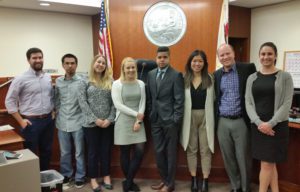
“Overall, I feel that working with the MLPS clinic has been the best experience of my legal career thus far. I am glad to have had this opportunity to develop my lawyering skills, to understand my career goals, to work with an often-ignored community, and most importantly, to reflect on my legal career and my personal values.”
“My experience in MLPS was the most important part in my success applying for my first job. Unlike most students, when I graduated from law school, I had meaningful experience interacting with actual clients who were making difficult decisions drafting documents of great consequence. This was real, practical experience that got me in the door, and which set me apart from the average applicant.”
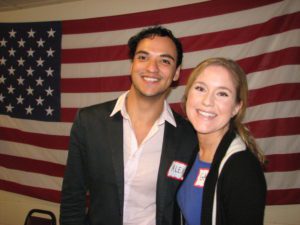
“I can’t thank you enough for all you taught me during the clinic last year. The skills you provided have made a huge difference in every situation I approach with my clients on a daily basis. I am working at a small and respected firm in southern California that specializes in representing injured workers in their workers compensation claims. Many of my clients are uneducated, constantly taken advantage of and are in desperate need of a voice against insurance companies. I use the skills you taught me when dealing with clients in MLPS on a daily basis. Work is crazy but your skills have helped me greatly.”
“My participation in the MLPS clinic has been an invaluable part of my law school experience. Not only did I get the chance to work with an amazing team and directly impact people’s lives, I was also able to use the experience going forward. The ability to manage a caseload, participate in negotiations and sometimes hearings increased my legal skills and confidence. I was able to apply these skills later working in-house at Kaiser and later at an Estate planning firm. If you are interested in health, estate planning, litigation or improving your writing skills I encourage all to apply, it was worth it!”
“I definitely think MLPS helped with my application for JAG. …the JAG Board was able to see my flexibility in working with different legal issues in MLPS, my work with clients from diverse backgrounds, and my demonstrated commitment to serving the community and underprivileged. I know this is vitally important to JAG’s core values. I know MLPS impacted my application for those reasons, and I’m really glad to have had that experience.”
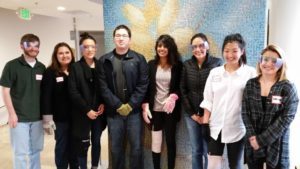
“A Message to current students about MLPS: I know there’s pressure to take all the bar courses offered, but as someone who’s gone through bar study and taken a substantial amount of bar courses, I can tell you that participating in clinics helped just as much for bar study—if not more than taking bar courses! Here are four reasons why I think you should apply to MLPS:
Wills & Trusts – The clinic helps folks with estate planning matters so you’ll cover some of the substantive law that you should know for the bar exam. You’ll work with the Probate Code often and guest speakers (experts) will lecture during the class component of MLPS to help explain these areas of law. When you graduate from law school, family members and friends will ask you about this area of law so it’s good to learn this and do some good at the same time!
Mentor(s) – Professor Yvonne Troya is an excellent professor-supervisor. She will challenge you to develop your lawyering skills in the following areas: interviewing, counseling, writing and record/timekeeping (yes, this is very important! Especially if you aspire to be at a firm) etc. Most law students take the first two skills for granted, but you will be surprised to know that this requires skill—arguably, the most important skill you’ll need as a lawyer. You’ll meet with Professor Troya more formally every other week to discuss your work performance and areas for improvement, and informally several times throughout the week. She’s friendly, supportive, and wants you to succeed in your representation. Finally, an opportunity to get feedback in law school!
Also, when you graduate, and even now, you’ll need references. Clinic professors are the best people to be future references and mentors for you. Think: Do I know three people who can speak highly about my lawyering skills/work ethic to employers? Now is your chance to develop those relationships. I’ve gotten a couple job offers because of my work at MLPS.
Transferable Skills – You’ll be working with the elderly—an often vulnerable and neglected population, but it’s not about who you’re serving (although, you will find the work meaningful and worthwhile, trust me), but it’s about developing skills that are transferable to any job setting. I brushed upon it earlier, but also being able to tell employers that you worked effectively with clients, UCSF physicians, social workers, and attorneys is very impressive and will stand out on your resume.
And More – In Spring 2016, I worked on a case that involved issues of probate and immigration law. In addition to learning about conservatorship law, I had to consider and research immigration law because of how it affected the outcome of my case. It required us to craft a novel legal argument that ultimately succeeded in Superior Court. As you may know, immigrants need legal help in areas that aren’t only specific to immigration law, but that legal status inevitably plays a role in. In addition to this case, I had two other monolingual Spanish speaking clients—you can be the difference in the quality of representation for these folks! It’s also an opportunity to hone your Spanish in a legal setting.”
“I don’t typically work with elders in my profession [partner of criminal defense law firm]. However, I DID learn a lot from MLPS by way of communication. I often go back to some of the core principles about active listening, etc., we learned at the beginning of the MLPS clinic and apply them to my practice now. Funnily enough, a more senior attorney commented on how well I deal with clients, and she sometimes pays me hourly to deal with some of her more difficult clients. She asked how I learned how to communicate so effectively, and I spoke about how much I learned in MLPS!”
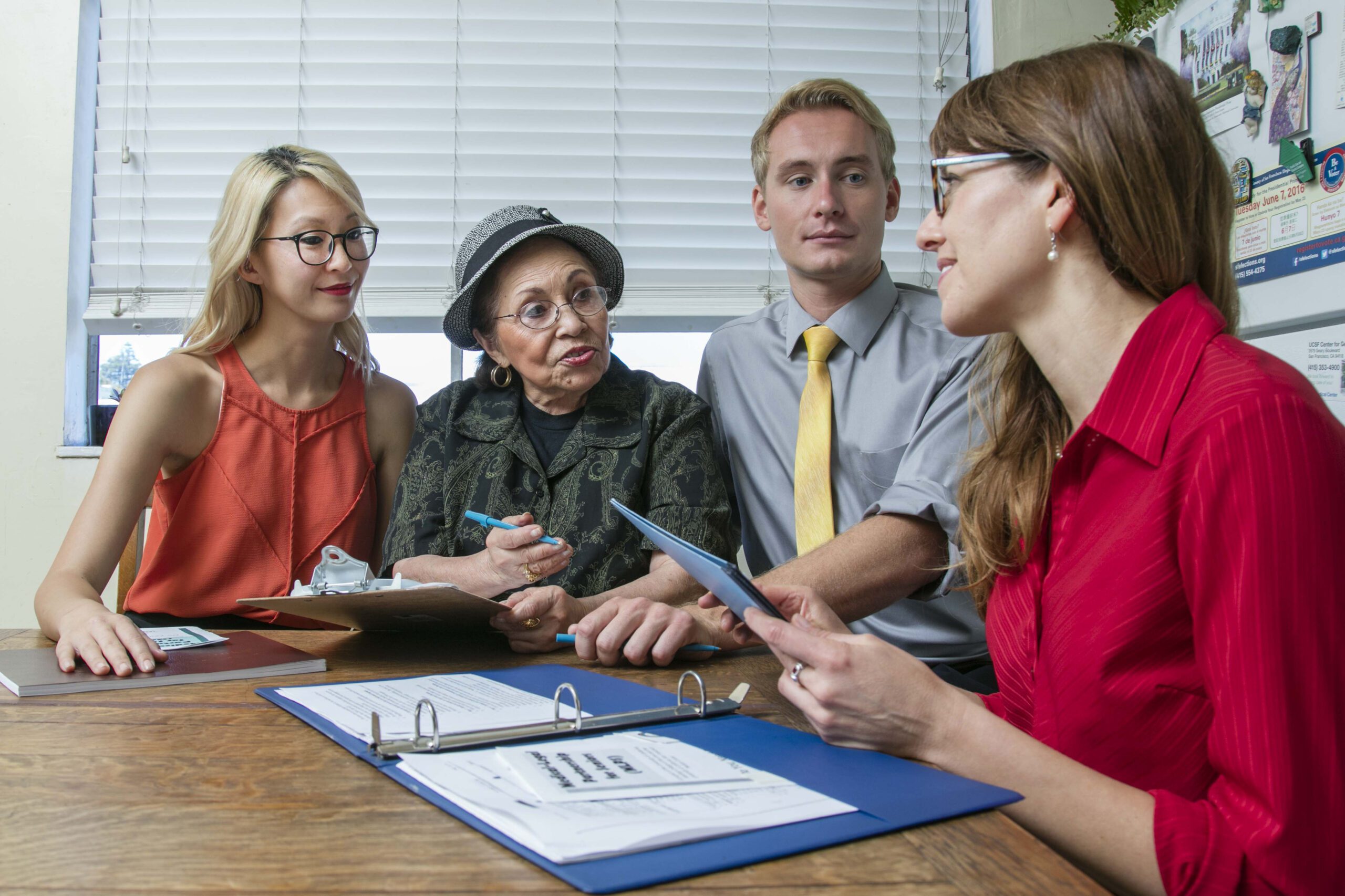
Feedback from Clients and Medical Providers
“The Medical-Legal Partnership for Seniors is #1 in my book!”
“You took a community outreach program and added a large measure of human kindness. It was fun to be around good, kind, intelligent people.”
“Working with law students in the Medical-Legal Partnership for Seniors has been one of the highlights of my 10 years as a physician and UCSF professor. I constantly learn valuable things that inform my care as a geriatrician from the back and forth conversations with UC Law SF law students about clinical cases. But, more importantly, I have the opportunity to share my knowledge and passion about older adult care, including care of adults developing dementia or who are becoming frail, with students who will be working with older adults in their future careers. MLPS is such a unique and true partnership between medical and legal providers that I am hard-pressed to think of a more rewarding student-based program that yields real results for our patients/clients.”
Contact Us
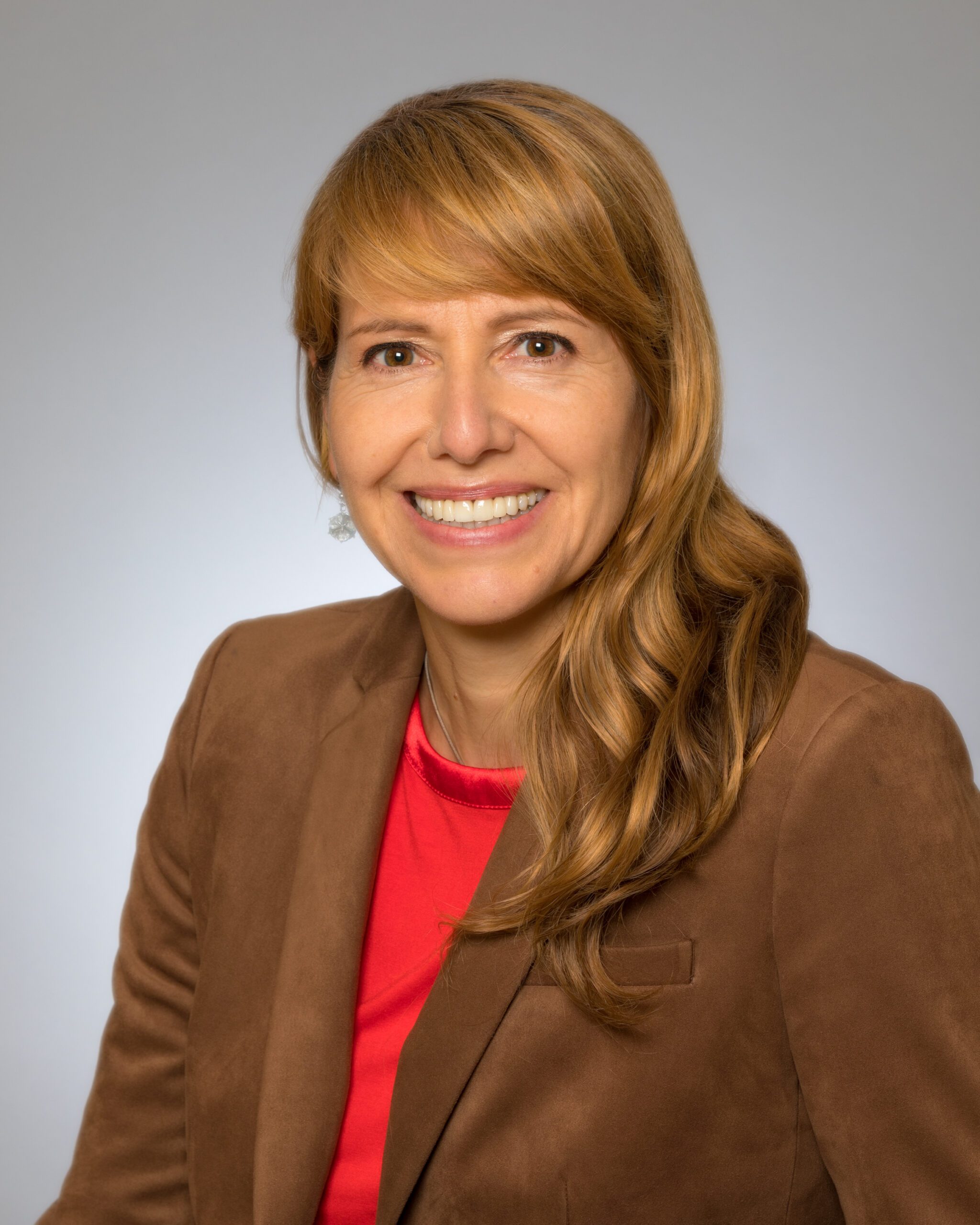
Yvonne Troya
Clinical Professor and Legal Director, Medical-Legal Partnership for Seniors
View Yvonne Troya’s Profile
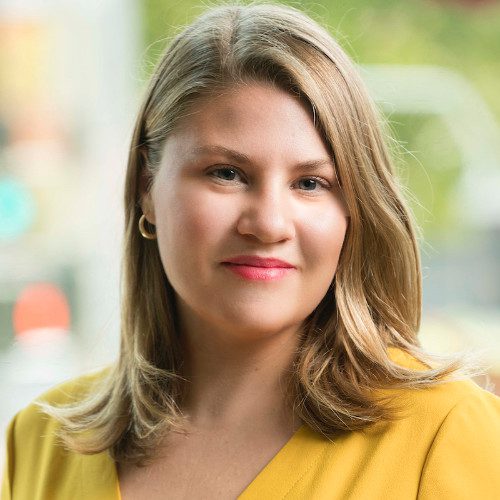
Sarah Hooper
Professor of Practice and Executive Director of the UCSF/UC Law SF Consortium on Law, Science & Health Policy
View Sarah Hooper’s Profile
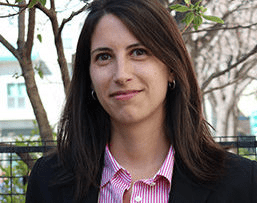
Sara Huffman
Adjunct Faculty and Managing Attorney, Medical-Legal Partnership for Seniors- VA Project
View Sara Huffman’s Profile
